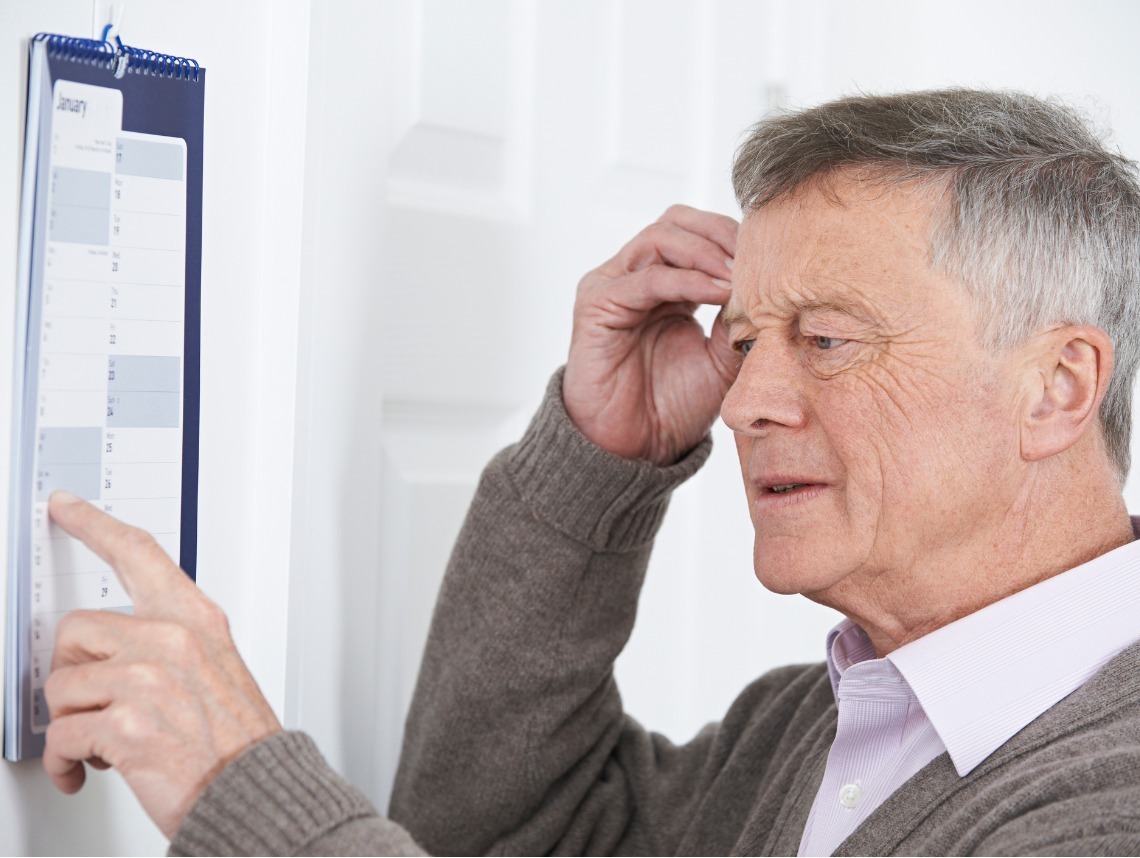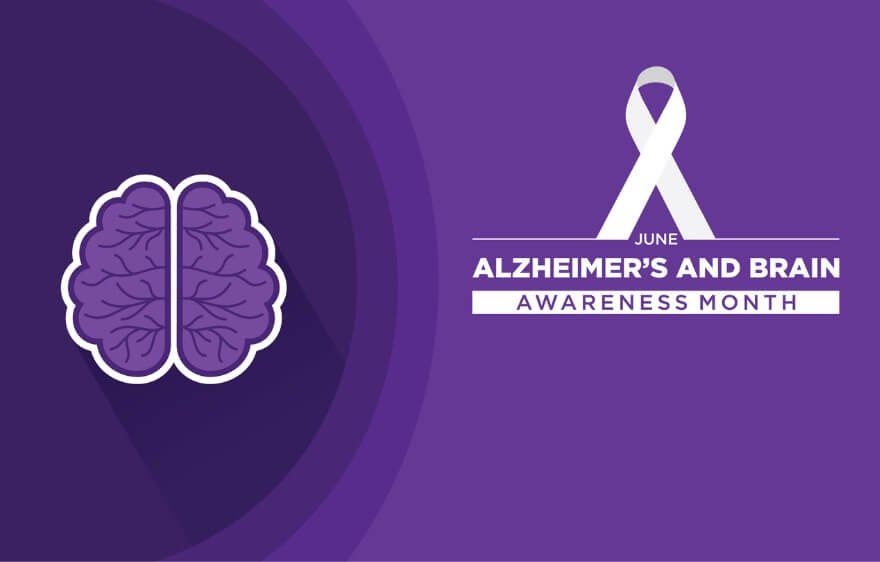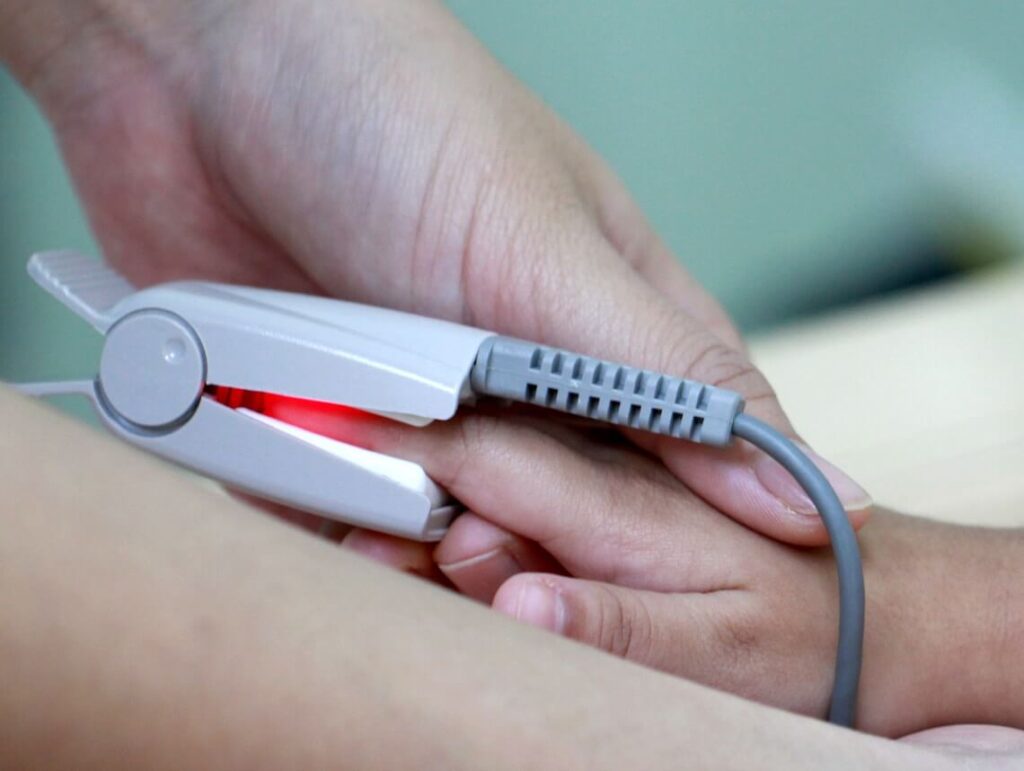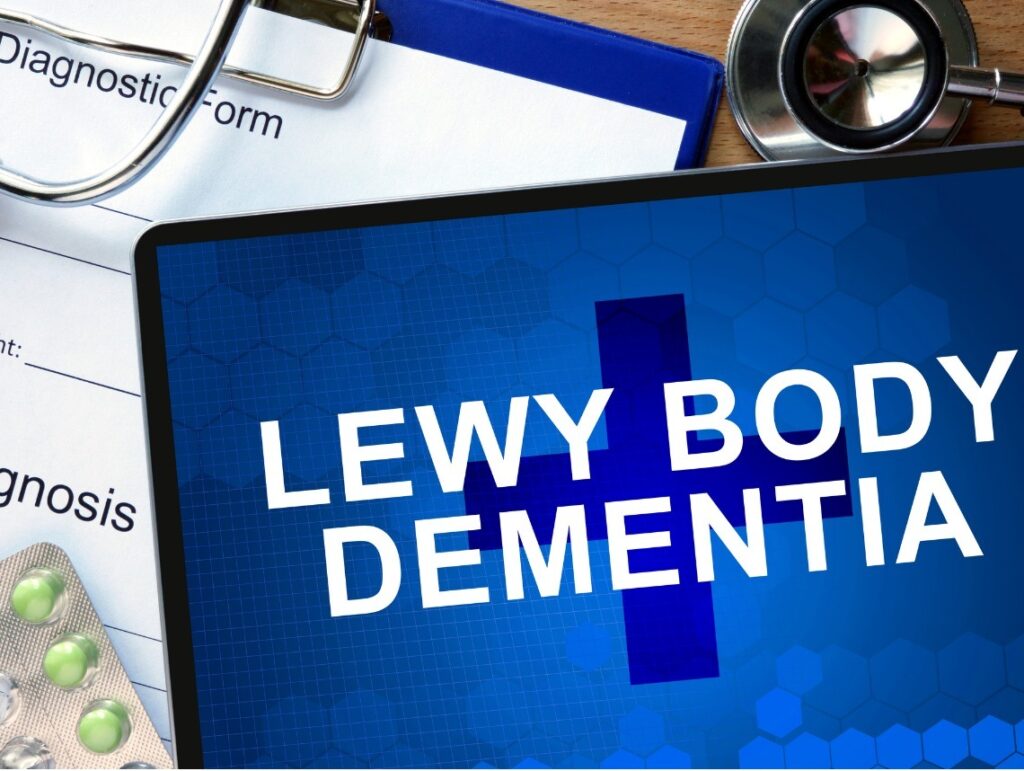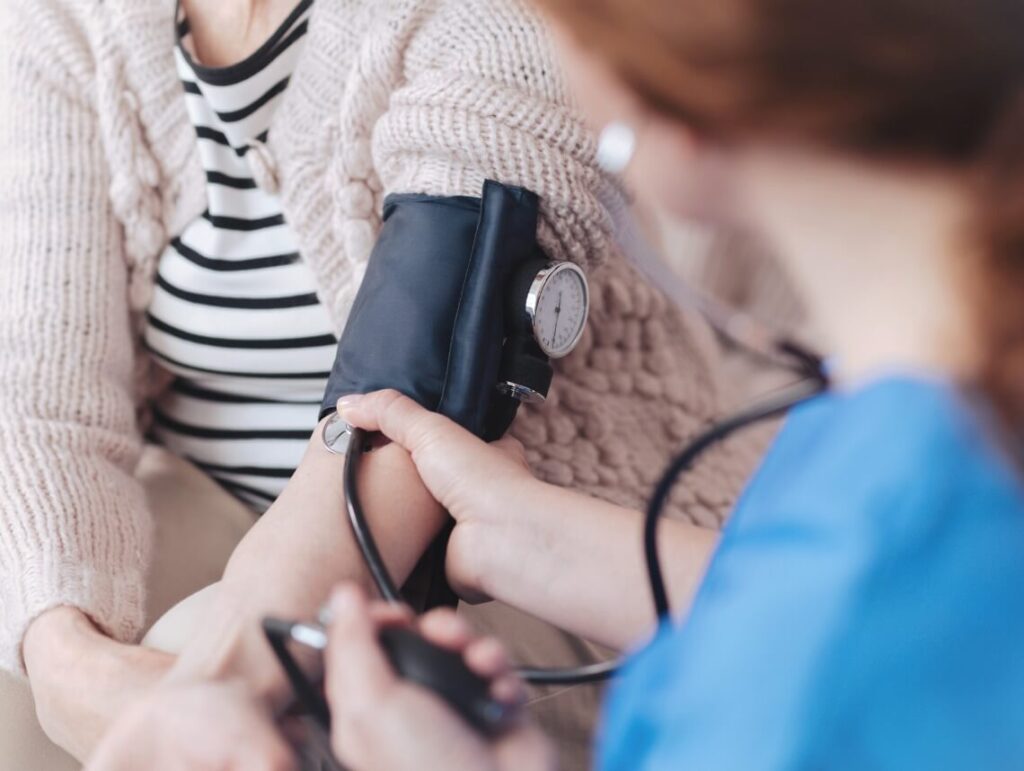As your loved ones age, you may begin to notice changes in their behavior. They may call you by the wrong name, have difficulty remembering where they put something, or even struggle with common daily activities. Contrary to popular belief, these occurrences are not always typical of old age. They can be signs of a more serious problem.
Dementia is a broad term used to describe a decline in mental and social abilities severe enough to conflict with daily life. Alzheimer’s disease is the most common type of dementia, making up 50% – 80% of all dementia cases.
Recognizing the signs of Alzheimer’s in a loved one can help lead to an early diagnosis.
10 Early Signs and Symptoms of Alzheimer’s Disease
The following are the early signs and symptoms of Alzheimer’s disease:
1. Memory Loss
Memory loss is one of the most common signs of Alzheimer’s disease. We all forget a name every once in a while, but it could be more serious if your loved one regularly forgets:
- Important dates
- Names
- Events
- Recently learned information
If your loved one’s memory loss disrupts daily life, and they routinely rely on memory aids, it may be more serious than typical age-related memory loss.
2. Challenges in Planning or Problem Solving
Unlike typical age-related changes like making occasional errors in planning or problem solving, some people may experience routine difficulty in:
- Making and adhering to a plan
- Working with numbers
- Following a recipe they’ve made before
- Keeping track of bills
- Balancing a checkbook
3. Difficulties Performing Familiar Tasks
Have you noticed a loved one having a hard time completing tasks they routinely used to be able to do? It can be difficult to know if that means Alzheimer’s or aging. It may be more serious if your loved one has routine difficulty:
- Following the rules of familiar board games
- Driving to familiar locations
- Managing a budget
- Completing ordinary tasks at work
4. Confusion With Time or Place
Unlike people who have occasional difficulty remembering the day of the week but then remember later, people with Alzheimer’s may experience difficulty:
- Understanding something if it doesn’t happen immediately
- Remembering dates, seasons, and the passage of time
- Remembering where they are and how they got there
5. Trouble Understanding Visual Images
Many people’s vision gets worse as they age, but people with Alzheimer’s may experience routine difficulty:
- Reading
- Identifying colors
- Judging distance
6. New Problems With Words (Speaking/Writing)
If your loved one sometimes has trouble finding just the right word to use when communicating, it could just be a symptom of aging. It may be more serious if they routinely have trouble:
- Following or participating in conversation
- Calling common things by the wrong name
- Finding the right word or phrase
7. Misplacing Things and the Inability to Retrace Steps
We all misplace or lose things from time to time. That’s common. But people with Alzheimer’s may regularly:
- Put things in odd places
- Be unable to retrace steps
- Accuse others of stealing
8. Decreased Judgment
We all make bad decisions every once in a while, but people with Alzheimer’s may:
- Deprioritize personal grooming
- Give large amounts of money to telemarketers
- Use poor judgment in managing finances
9. Withdrawal From Social Activities
When life gets busy, it’s easy to sometimes pull back on social activities and spend some time relaxing. But people with Alzheimer’s may experience this more regularly. Keep an eye out for the following:
- Abandoning favorite hobbies, sports, or projects
- No longer following their favorite sports team
- Lack of motivation
10. Sudden Changes in Personality
Sometimes people get irritable as they age over certain events or changes happening. That’s common. But people with Alzheimer’s may frequently be:
- Confused
- Depressed
- Suspicious
- Angry
- Fearful
- Anxious
Contact Care Options for Kids for Home Health Care Services
There are many different forms of dementia and many other conditions that may cause similar symptoms. If you or a loved one is experiencing any of these symptoms, consult your doctor.
Early detection of the disease can ensure your loved one receives the proper Alzheimer’s care he or she needs while providing your family with the necessary resources to cope with this life change.
If you or an aging loved one are considering home health care services, contact the caring staff at Care Options for Kids. Call today at (888) 592-5855.
